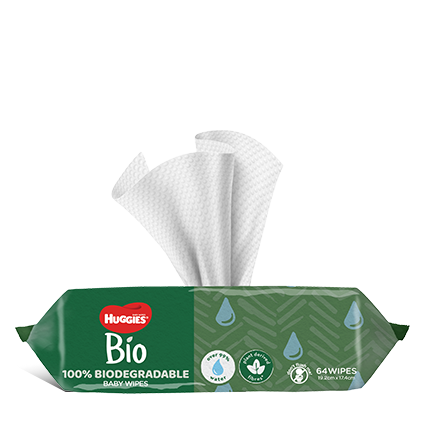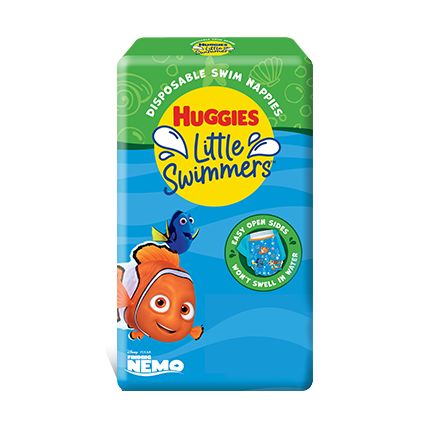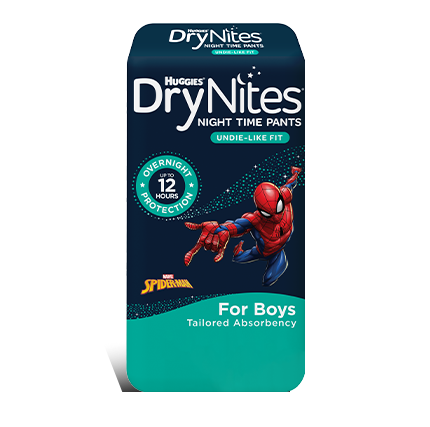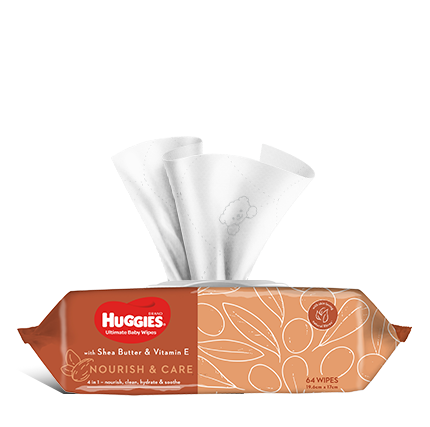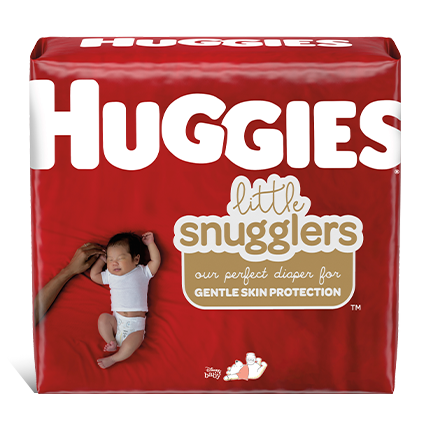Toddler Development
When your baby learns to walk, he or she becomes a
toddler and so begins an amazing journey of exploration, rapid learning and growth. It’s important to understand the milestones in toddler development and to know what to expect. That way you’ll be equipped to deal with whatever your tot throws at you – be it a soggy wheatbix hurled in a fit of fury, a flat refusal to go to sleep, or sinking their teeth into other children. Toddler development can be a difficult time, as toddlers can get very frustrated and cranky. They’re bursting with energy, ideas and questions about their world, but they don’t yet have the language to express themselves. Growing children can drive you crazy, but they can also be lots of fun. Find out how your understanding and guidance can help get them through this challenging time.
Jump to a topic in this section
Social Development
Physical Development
As your toddler approaches age two, you will probably notice quite a change in his thinking.
There is nothing more beautiful than the image of a sleeping child.
This makes it easier for your child to understand and provides them with something they can copy.
Vision 2020 Australia estimates that about 80% of what is learned is achieved through vision.
As parents of young bubs, we’re excited by so many of their skills.
Emotional Development
So you have just found out that there is another little addition on the way; a sibling for your toddler.
The Cambridge dictionary defines self-confidence as ‘behaving calmly because you have no doubts about your ability or knowledge.
Does your toddler cry, become anxious and have emotional meltdowns whenever you leave the room?
Tantrums
Tantrums are part of a developmental phase that all toddlers go through to some degree.
When toddlers become frustrated, they only have a limited amount of ways to communicate this to their parents.
Recommended Topics
Check out these other topics you might like
Join our Huggies Club
For every milestone, big or small. We got you, baby.

Expert advice

Offers & Promos

Exclusive offers
Try Our Tools
Discover our most popular tools to help
you along the way
Promotions & Offers
Explore our exciting promotions.
Win FREE nappies for 6 months!
Join the Huggies Club for your chance to WIN










































